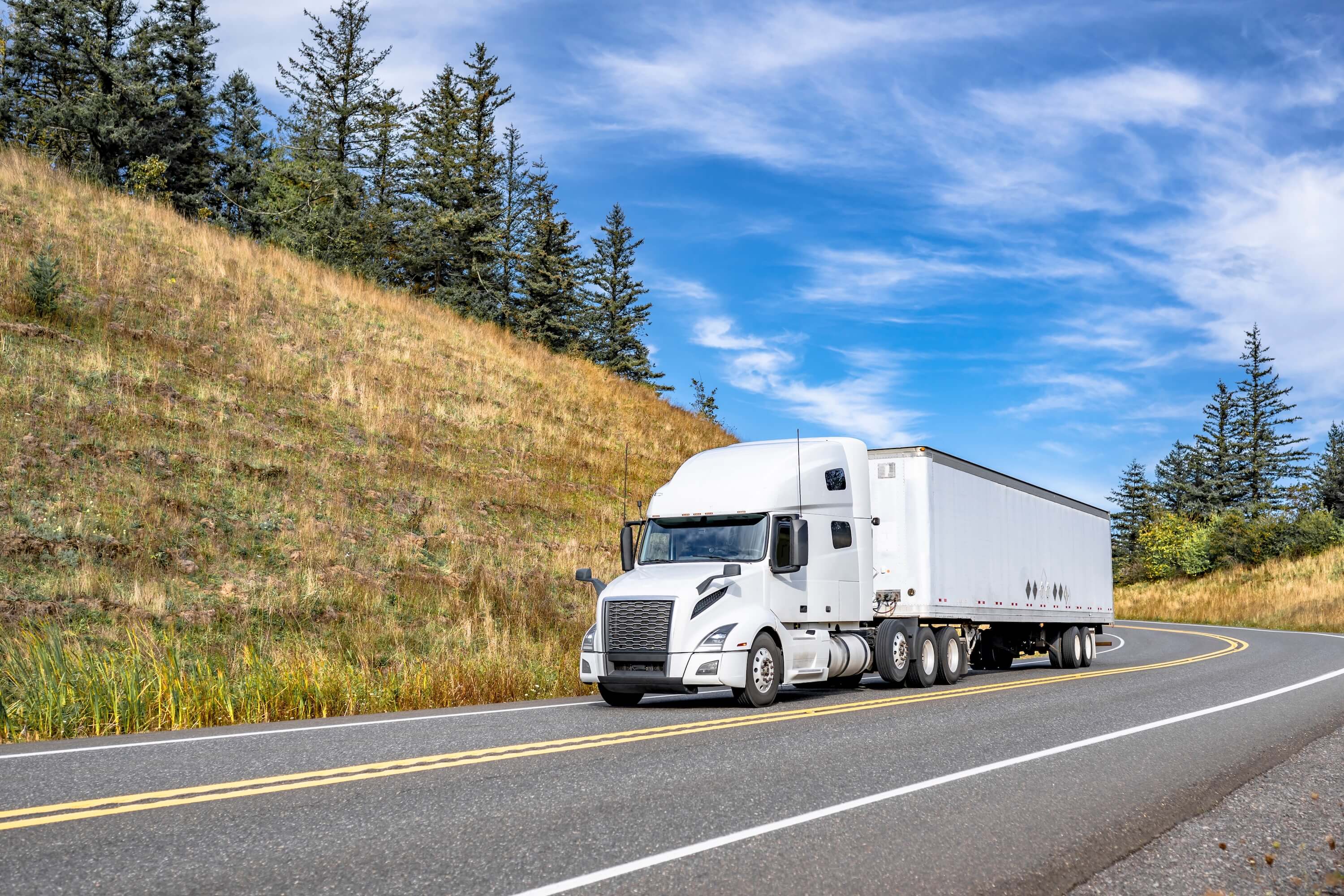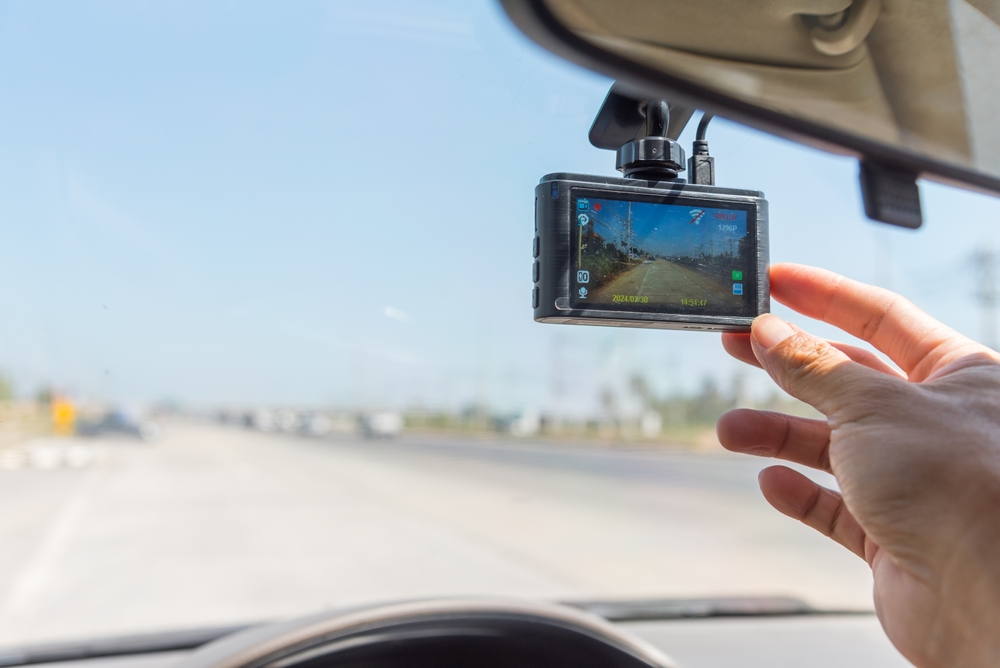Can You Sue the Trucking Company? When Employers Are Liable

Written by Matthew Weidinger

If you’ve been involved in an accident with a commercial truck, you might wonder if you can sue the trucking company. The answer depends on specific circumstances, but you can hold the trucking company liable if their negligence or failure to follow regulations contributed to the crash.
Trucking companies have legal responsibilities to ensure driver safety and vehicle maintenance. When these responsibilities are ignored and cause harm, you may have grounds to pursue a claim against the company, not just the driver.
Understanding when an employer is liable can help protect your rights and increase your chances of fair compensation. This article breaks down key factors that determine trucking company liability after an accident.
Understanding Employer Liability in Trucking Accidents
When a truck accident occurs, establishing employer liability depends on specific factors such as how the employer is connected to the incident and the nature of the driver’s employment status. These details influence who is responsible for damages and legal claims.
Direct vs. Indirect Liability
Direct liability means the trucking company or employer is legally responsible for the driver’s actions during work hours. This typically applies when the driver is an employee acting within the scope of their job, such as delivering freight or following company routes.
Indirect liability occurs when the employer isn’t directly responsible but may still be liable under certain circumstances. For example, if the company negligently hired or failed to properly train the driver, you might hold the employer accountable for those omissions.
Role of Contracts and Employment Status
Your ability to sue a trucking company often depends on whether the truck driver is an employee or an independent contractor. Employees typically fall under the employer’s direct liability because the company controls their work.
For independent contractors, liability is less straightforward. The company may avoid direct responsibility if the contractor owns their truck and controls their schedule. However, contracts can create exceptions. Some agreements require the trucking company to assume liability or provide insurance coverage.
You must carefully review contracts and employment agreements to determine liability. The company’s role in supervising and directing the driver, as well as payment terms, also impact your case.
Circumstances for Suing a Trucking Company
You can hold a trucking company liable when their actions or policies directly contribute to an accident or injury. Identifying clear proof of negligence and knowing common situations where employers are accountable is key to pursuing legal action.
Proving Trucking Company Negligence
To sue a trucking company, you must show they failed to uphold safety standards or regulations. This can include ignoring maintenance schedules, pushing drivers to exceed hours-of-service limits, or hiring unqualified drivers.
Documentation such as inspection reports, driver logs, and communication records is crucial. You must also prove the company’s negligence caused or contributed to the crash.
Additionally, evidence that the company ignored complaints or failed to provide proper training strengthens your case. Negligence does not only refer to accident causation but also to systemic failures affecting driver behavior or vehicle safety.
Common Scenarios of Employer Accountability
You can sue a trucking company in situations like vehicle malfunctions, driver fatigue, or hiring unsafe operators. For example, if brake failure resulted from poor maintenance, the company is liable.
Another common case is violations of federal trucking regulations, such as hours-of-service rules. If a company forces drivers to work excessively, leading to fatigue-related crashes, you have grounds for a lawsuit.
Also, the company may be responsible if they ignore drug testing policies or fail to conduct background checks. Any corporate actions that increase risk to the public may make the company legally accountable for resulting accidents.
Legal Process and Steps After a Trucking Accident
You need to act quickly and follow specific steps to protect your rights and hold the trucking company accountable. Knowing what to do immediately and understanding the legal process can impact the success of your claim.
Immediate Actions to Take
- After a trucking accident, ensure your safety and call 911 to report the incident. Get medical attention even if injuries seem minor; some injuries appear later.
- Document the scene thoroughly. Take photos of the vehicles, road conditions, and any visible injuries. Gather contact information from witnesses and the truck driver.
- Notify the police and obtain a copy of the accident report. Contact your insurance company, but avoid giving detailed statements until you consult a lawyer.
- Preserve all evidence, including medical records, repair estimates, and correspondence with the trucking company. This information is crucial for proving employer liability.

Overview of Legal Procedures
You or your attorney must file a claim against the trucking company within the statute of limitations, which varies by state but typically ranges from one to three years.
The discovery phase follows, where both sides gather evidence through document requests, depositions, and interrogatories. This step uncovers the trucking company’s policies, driver records, and maintenance logs.
Negotiations or settlement discussions often occur, but don’t settle without legal advice. If no agreement is reached, the case moves to trial, where a judge or jury decides on liability and damages.
Throughout the process, you must prove the trucking company’s negligence or direct responsibility for the accident and resulting injuries. Legal representation helps navigate complex federal and state laws governing trucking companies.
The Role of Legal Representation in Trucking Accident Cases
You need skilled legal help to navigate the complex rules and insurance challenges in trucking accident claims. Proper representation ensures your rights are protected and the responsible party is held accountable.
How Smith & Weidinger PLLC Supports Plaintiffs
Smith & Weidinger PLLC specializes in trucking accident cases, offering you focused experience with federal and state regulations. We handle evidence gathering, including driver logs, maintenance records, and black box data, which is critical to proving employer liability.
Our firm also negotiates with trucking companies and insurance adjusters to pursue full compensation for your medical bills, lost wages, and pain and suffering. You get clear advice on legal options and consistent communication through every step.
Our knowledge reduces the burden on you, allowing time to recover while they prepare a strong case. Contingency fees mean you pay only if you win, minimizing financial risk for your claim.
Note: The information provided in this blog post has been compiled from publicly available and secondary sources. While we strive for accuracy, some details may become outdated or contain inadvertent errors. If you believe any information is incorrect or requires updating, please contact Smith & Weidinger so that we may review and make the appropriate corrections.
Disclaimer: This blog post is for informational purposes only and is not intended as a solicitation for business. The photo used is not from the scene of the incident described. Viewing this content does not create an attorney-client relationship with Smith & Weidinger. If you have been injured in an accident, please seek immediate medical attention and then consult with a qualified attorney to discuss your legal rights and options.










